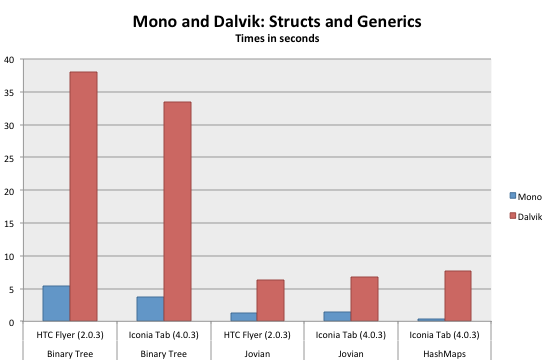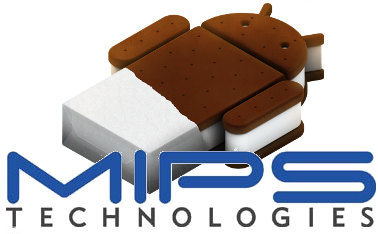There’s been some news at the end of this week that may not warrant a full article, but are still fun and/or interesting nonetheless: comments by the lead developer of Fedora ARM led to “Cute Embedded Nonsense” meme on Google+, preliminary commit for open source drivers for Tegra K1’s GPU, and Android Open Source Project defaults to ART instead of Dalvik. If you have a Google+ account, and circled a few people involved in ARM Linux, you must have seen a few postings about “Cute Embedded Nonsense Hacks” in your feed. It all started when Jon Masters posted about Red Hat’s ARM SBSA platform requirements, and in particular one comment that reads: I am all for people installing their own kernels if they want to. I support aggressively defined standard platforms (not cute embedded nonsense hacks) but not locked platforms. You can keep both parts when it breaks, of course. […]
15 Linaro OnAir Sessions about Android, Linux, Debugging and Software QA
Linaro has planned 15 virtual conferences between Monday, August 13 and Saturday, August 18, 2012. Those online events will deal with the work done at Linaro, including software optimization, software QA, Android and Linux kernel development, Open Embedded on ARMv8 and more. Those conferences are public and anybody can join. All times indicated below are GMT+07:00 (Bangkok), so you can either mentally convert the time (recommended), or click on the links below to get the date and time in your timezone. Exploring The Performance Impact of PGO and LTO on ARM– Mon, August 13, 5:00 PM Abstract: Profile guided and linked time optimisation (PGO and LTO) are two of GCC’s cross program optimisations that should improve both the startup and runtime of typical programs. We know that they basically work on ARM but don’t know the potential speed up or the work involved in proper support. This session will cover […]
Xamarin Ported Android to C#. Results: Massive Performance Improvements over Dalvik
Xamarin has been providing Mono, a C# framework that can work on Linux for some years, and more recently they have also launched Mono for Android and iOS so that you can write or re-use existing C# application on the most common samrtphone platforms. But their latest project “XobotOS Research Project” goes much further, as they have entirely re-written Android Dalvik engine based on Java with C#. Considering the million of lines of code in Android, they have found a tool to automatize the Java to C# conversion. This tool is an Eclipse plugin called is Sharpen, and Xamarin has made further improvements to Sharpen which are available on Github. They already have ported Android 2.x and Android 4.0 to C#. If you wonder why they would do that, look at the “benchmarks” below showing Mono vs. Dalvik implementation of Android for binary tree, jovian and hashtags. Since the company […]
Android 4.0 Source Code For MIPS is Now Available
In the last few weeks, MIPS has already released the Linux Kernel for MIPS Android and shown us a low cost (99 USD) Android ICS Tablet. Today, they announced the official release of MIPS Android 4.0 source code. The latest version of Android 4.0 is “mr0″ and you can read the release notes for further details. Before downloading the Android source code be sure that you have a correctly setup Linux workstation. Now, here are the instructions to checkout MIPS Android 4.0:
|
1 2 3 4 |
mkdir mipsandroid cd mipsandroid repo init --repo-url=git://github.com/MIPS/repo.git --repo-branch=stable -u git://github.com/MIPS/manifests.git -b mips-ics-mr0 -m mips-ics-4.0.1_r1m1.xml repo sync |
The first time you run the repo sync it will download several gigabytes of source code to your machine so be patient and it may take a few hours. Once the download is completed future updates may take only a few minutes since only the code changes are downloaded. If you just want to have a look, All MIPS Android source code can also be viewed online at http://www.github.com/mips. […]






